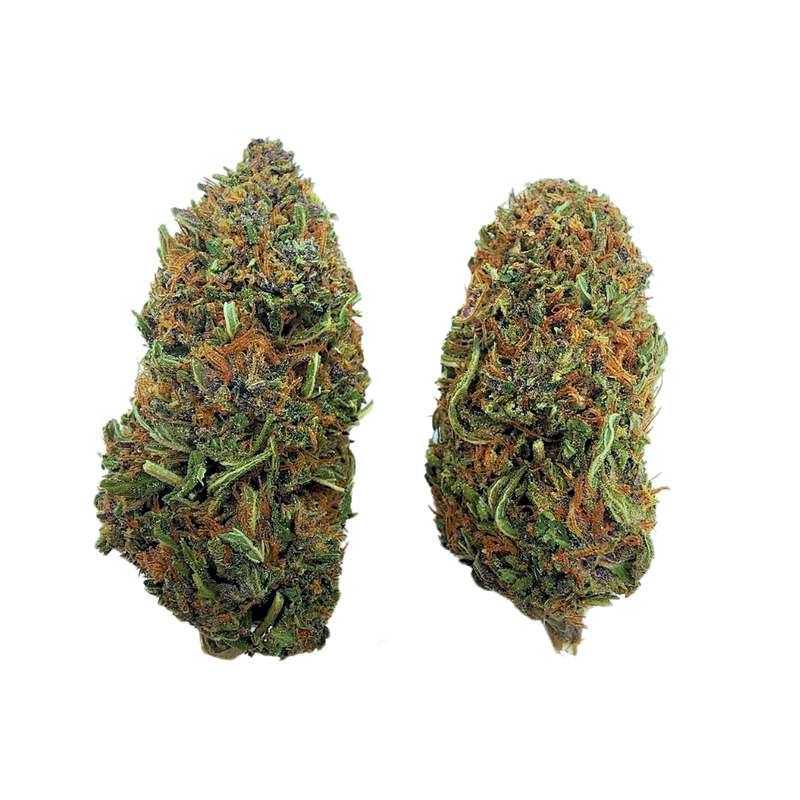THCA, or tetrahydrocannabinolic acid, is garnering attention as a potential game-changer in the realm of cannabis therapies. Unlike its more famous counterpart, THC tetrahydrocannabinol, THCA is a non-psychoactive cannabinoid found in raw cannabis. This distinction could offer new therapeutic possibilities, particularly for those seeking the benefits of cannabis without the intoxicating effects. THCA is the precursor to THC; it transforms into THC when exposed to heat through a process called decarboxylation. While THC is widely recognized for its psychoactive properties and is used to manage conditions like chronic pain, nausea, and anxiety, THCA’s potential benefits have not been as thoroughly explored until recently. One of the most compelling aspects of THCA is its anti-inflammatory properties. Research suggests that THCA may help reduce inflammation, which is beneficial for conditions like arthritis, Crohn’s disease, and other inflammatory disorders.

Unlike THC, which can produce a high, THCA’s therapeutic effects might be harnessed without the associated psychoactive experience, making it an appealing option for patients who are sensitive to THC or prefer to avoid its effects altogether. Furthermore, preliminary studies have indicated that THCA might possess neuroprotective qualities. This is particularly significant for conditions like Parkinson’s disease and Alzheimer’s disease, where neurodegeneration plays a central role. THCA could potentially slow the progression of these diseases by protecting and supporting brain health. While more research is needed to fully understand these effects, the early indications are promising. Another area where thca hemp flower is showing potential is in its anti-emetic anti-nausea properties. Traditional treatments for nausea and vomiting, particularly those induced by chemotherapy, often come with significant side effects. THCA could offer a more targeted approach to managing these symptoms, providing relief without the psychoactive impact of THC.
Patients also find THCA appealing because it fits well into a holistic approach to wellness. As a non-psychoactive cannabinoid, THCA can be integrated into daily health routines without interfering with cognitive functions. This makes it viable options for those who need therapeutic support but have responsibilities or activities that require full mental clarity. Despite the promising potential, it is essential to approach THCA with a balanced perspective. Research is still in its early stages, and while preliminary results are encouraging, more comprehensive studies are necessary to fully elucidate its benefits and possible side effects. The lack of psychoactivity in THCA does not automatically guarantee safety or efficacy, so ongoing research will be crucial in determining its role in therapeutic applications. THCA represents a promising frontier in cannabis therapies. Its potential to offer anti-inflammatory, neuroprotective, and anti-nausea benefits without psychoactive effects makes it an exciting option for patients seeking alternative or adjunctive treatments. As research advances, THCA could play a significant role in expanding the therapeutic uses of cannabis, providing new hope for those who need it.
